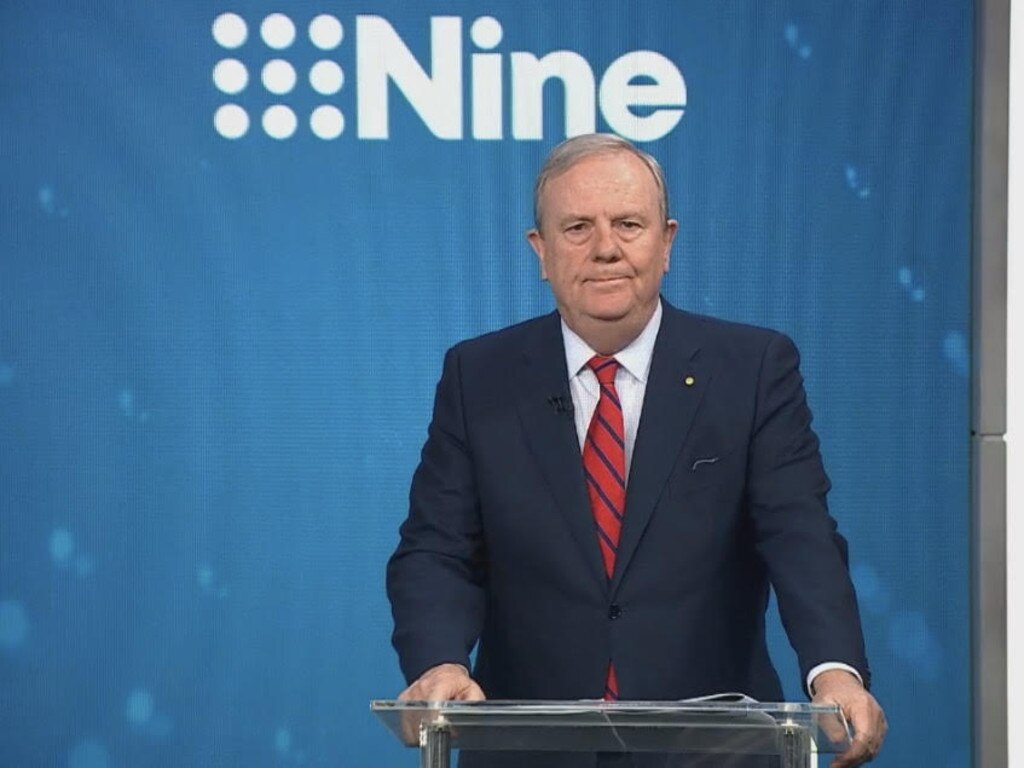Too close for comfort on tax advisory board; NAB’s Indigenous incentives

Until a few months ago, the Tax Practitioners Board remained a humorously obscure and inconsequential regulator of tax agents, little-known to anyone, maybe even to the tax agents themselves.
With its unlikely scalping of former PwC partner Peter Collins, the TPB has found itself confronting a whirlwind of attention that newly appointed chair Peter de Cure and CEO secretary Michael O’Neill are barely fit to withstand. We shall find out soon enough, anyway.

Their feet will be put to the fire on Wednesday during a Senate estimates committee hearing where, we imagine, questions might be directed at O’Neill about his prior association with Collins.
Both were members of the same tax advisory group run out of Treasury to advise the federal government on international tax avoidance strategies. At that time, many years ago, O’Neill wasn’t chair of the TPB but an assistant commissioner at the Australian Taxation Office.
One might consider it odd that a member of that advisory group – Collins – would find themselves under investigation several years later by a colleague, of sorts. Not least when one considers their opposing representative interests at the time. Who knows what, if any, loggerheads they came to?

That they served on this group together was easy enough to establish, considering that O’Neill bragged about his expertise for all to see on LinkedIn. “Successful projects I’ve been accountable for include … the OECD/G20 Base Erosion Profit Shifting strategy with a focus on collaboration in the digital economy.”
We asked the ATO about the potential for a conflict here, given the association. The ATO referred us to the TPB, which replied in an unhelpful fashion. “We have already made public comment on the matter via a media release and submission to the Senate and we are making no further public statements on the Collins matter at this time.”
Not sure how well that response is going to wash in front of the Senate economics committee, but we look forward to seeing O’Neill try it!

The misdeeds of Collins and PwC aside, one imagines that a thorough investigation of PwC’s conduct might also include that of any other firms associated with the advisory group, namely the accounting majors – KPMG, EY, Deloitte – and any multinationals that assisted with base erosion and profit shifting policies.
No wrongdoing suggested, of course, but a trawl of their correspondence may inevitably turn up similar indiscretions. Matter of course, no?
If signing Collins to the advisory board was akin to, as South Australian Greens Senator Barbara Pocock said, “putting a very canny fox into the hen house”, what might it say about Treasury’s process of consultation if a big miner, or a large legal firm, was there too?
Indigenous incentives
Bankers at NAB face an additional hoop to jump through if they want their performance bonuses this year. But it’s not compliance training for risk, or refreshers on anti-money laundering controls, or the six principles of the Hayne royal commission they’re being asked to become acquainted with.
An all-staff email circulated this week told NAB’s 35,000 employees they must undertake mandatory Indigenous cultural awareness training if they want to be considered for their short-term incentives. It’s been left to team leaders to decide the consequences for anyone who wilfully ignores the “e-learning modules”.
These have already dropped into staff learning profiles, pushed onto employees in the same way that Apple foisted a U2 album on to half a billion iTunes customers back in 2014, whether they wanted it or not.
The training comes with a deadline of August 25 and is split into four sections: “Australia’s shared history (truth-telling)”; “First Nations People today”; “Introduction to cultural practices and their significance”; and “NAB’s support for First Nations People”.
We hear there’s no mention in the teachings of the upcoming referendum on an Indigenous voice to parliament, although the timing of the two is close enough (the vote is scheduled for sometime between October and December).

NAB, of course, has been vocal in its support for the referendum, with group executive Andrew Irvine among those spearheading its reconciliation action plan. Well-meaning as those intentions might be, it’s notable that Irvine’s banking career has mostly been located abroad, in Canada and London; he’s lived in Australia for two years and nine months.
A NAB spokeswoman told us: “Our recently updated cultural awareness training highlights the important role each of us play in working together towards a reconciled Australia, creates a strong foundation for a culturally safe workplace, and informs about the products and services we provide to Indigenous customers and communities.”
A worthy endeavour, sure, but this is also the same NAB that signed an enforceable undertaking with the financial crimes regulator. That was only last year, when the bank’s anti-money-laundering and counter-terrorism financing controls were found to be grossly deficient, even basic.
Any KPI-linked modules to tighten that up for its 35,000 employees?
That said, NAB is not alone in this space.
Westpac has also pushed mandatory Indigenous training packages on to its employees, also due to be completed by August – just two modules, however, not four.
ANZ, however, isn’t going the same route. It has no Indigenous learning modules tied to rewards this year.







To join the conversation, please log in. Don't have an account? Register
Join the conversation, you are commenting as Logout